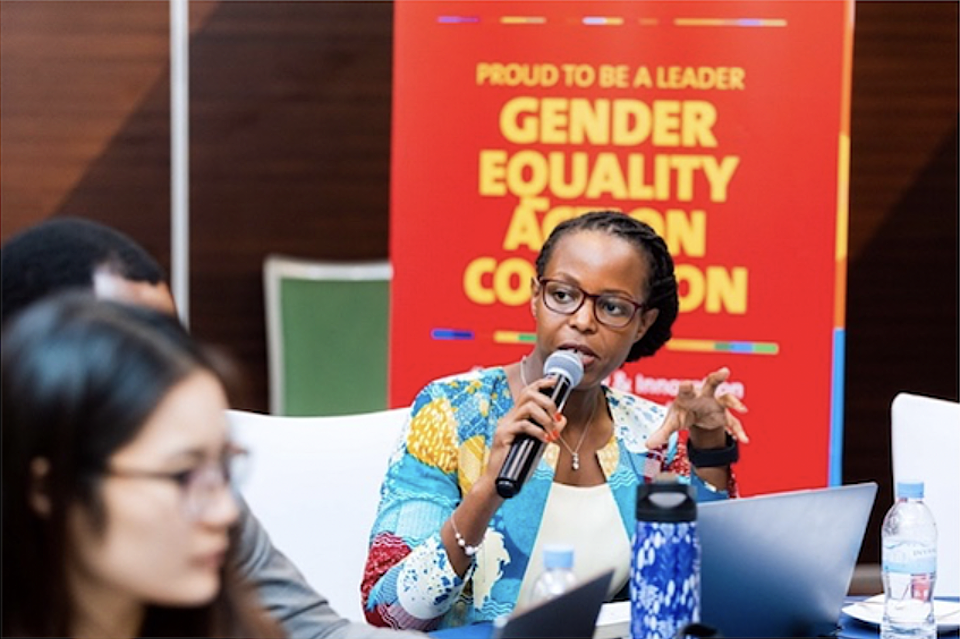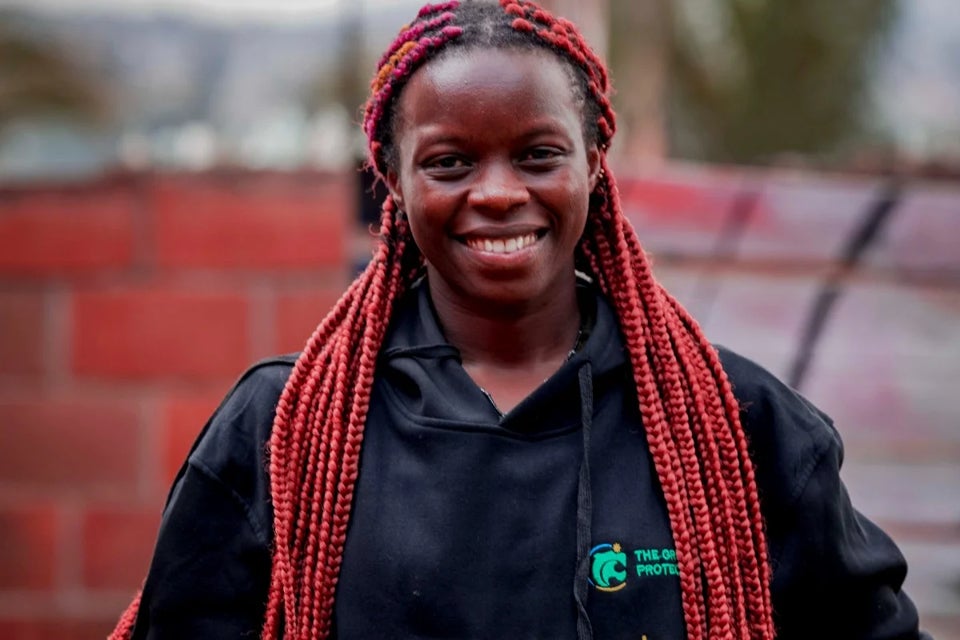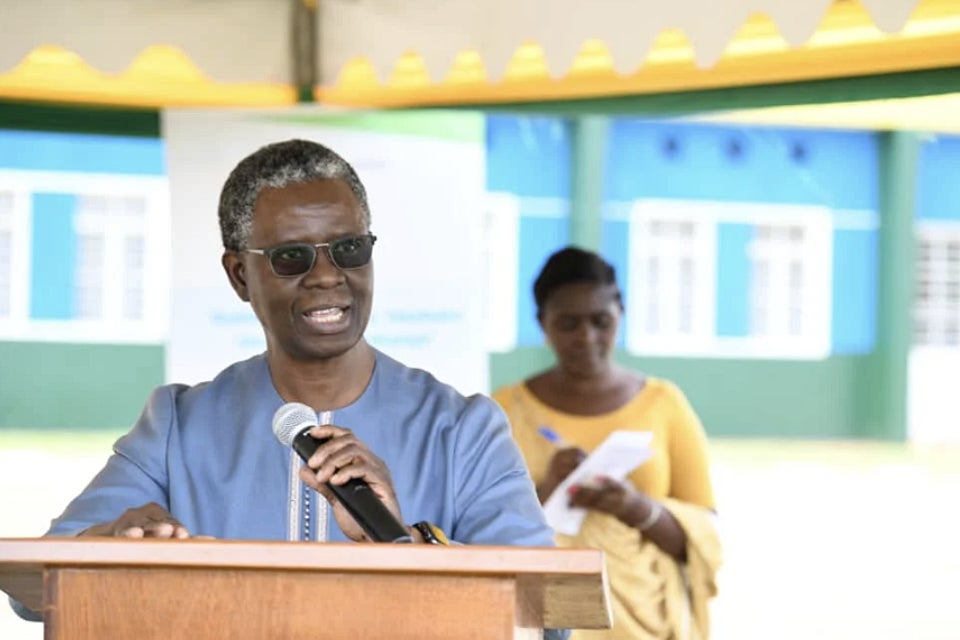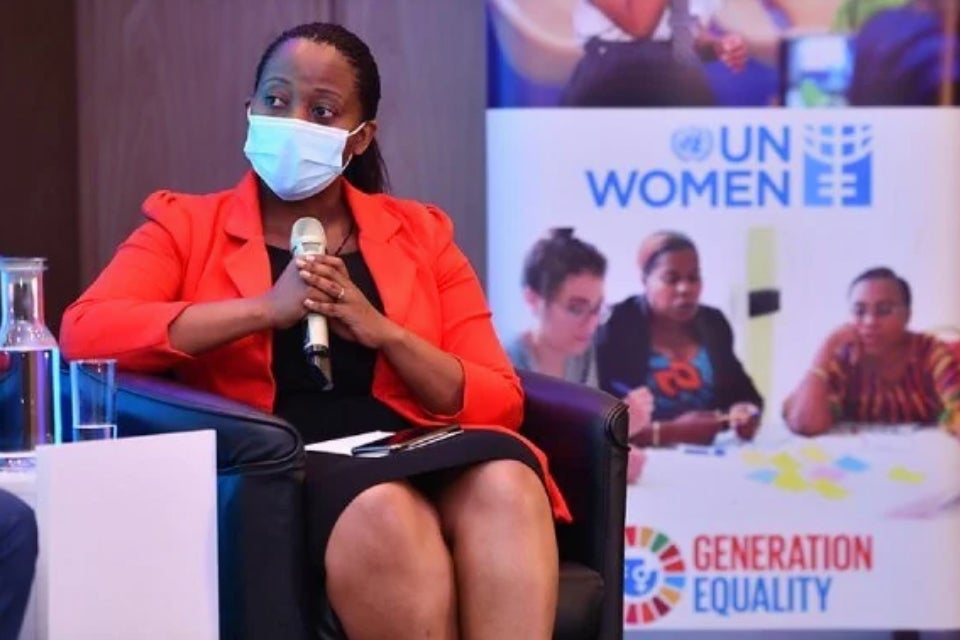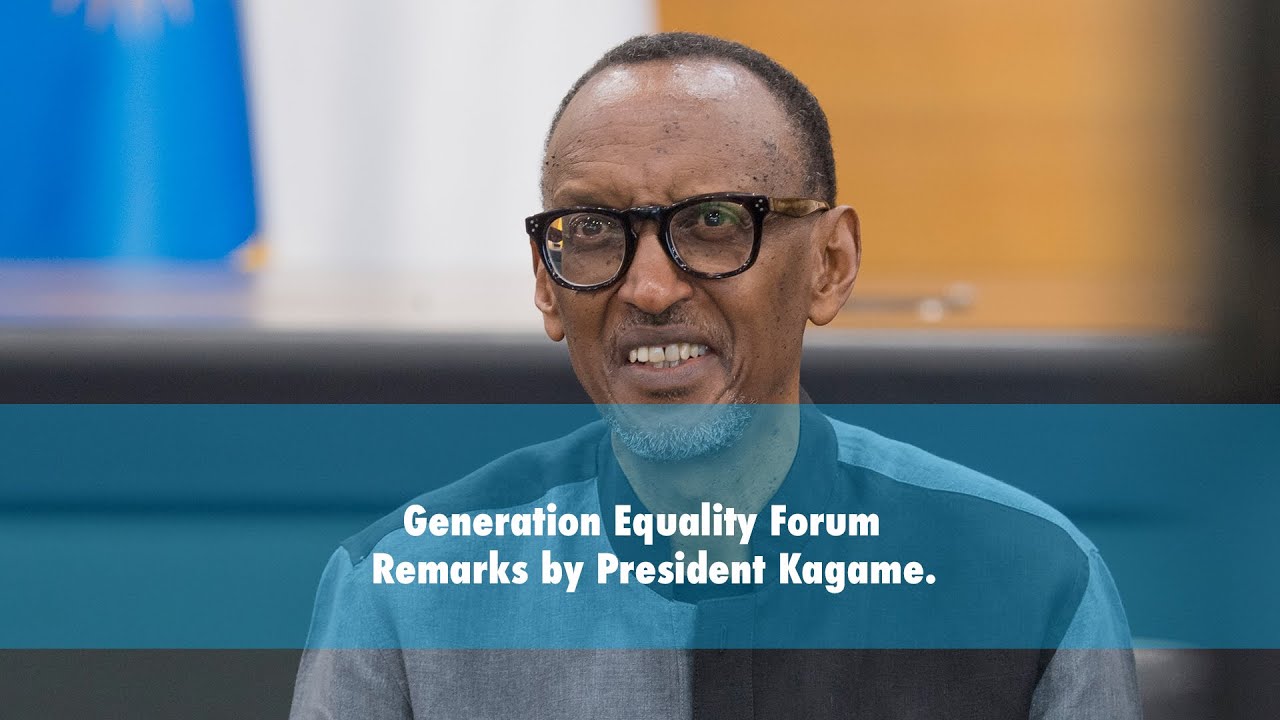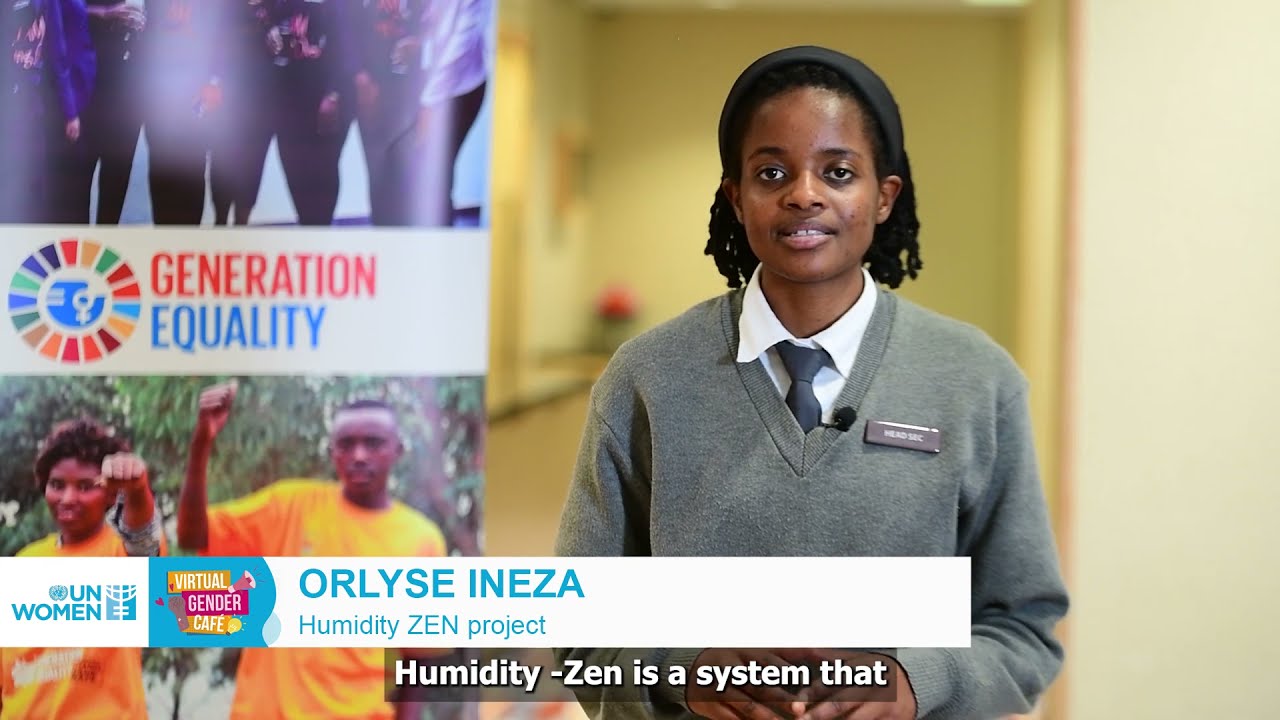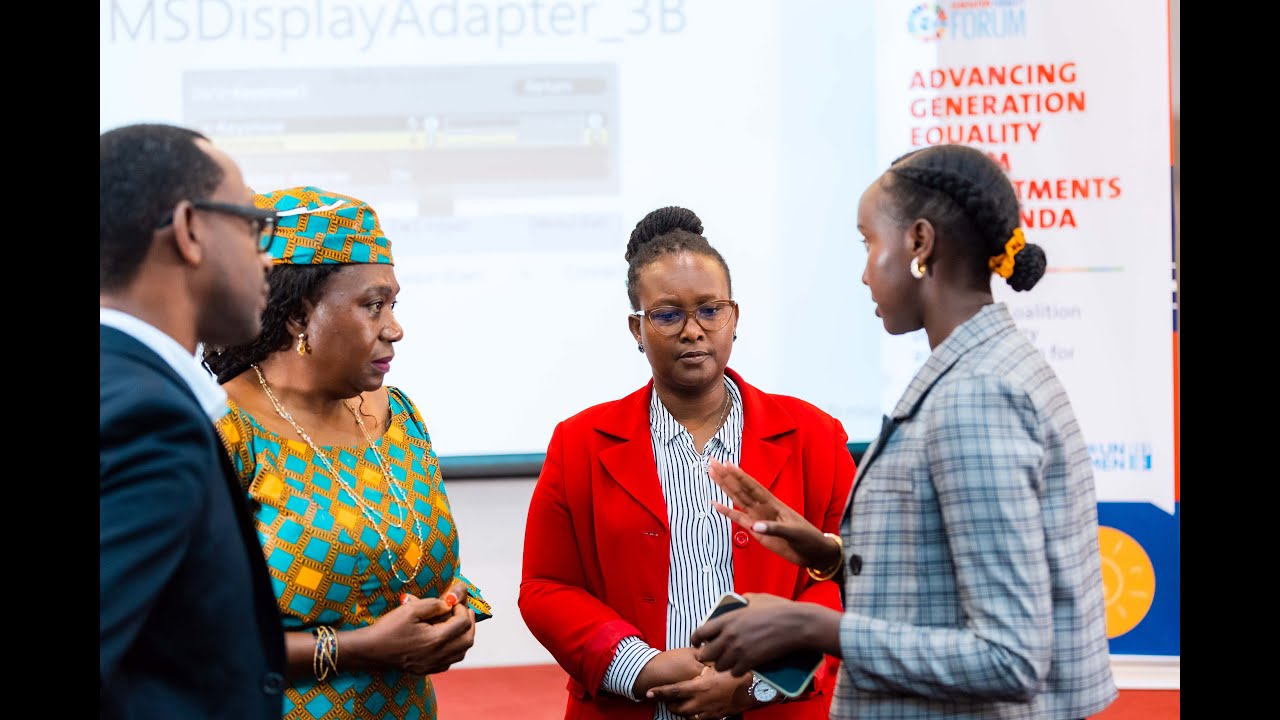Generation Equality in Rwanda
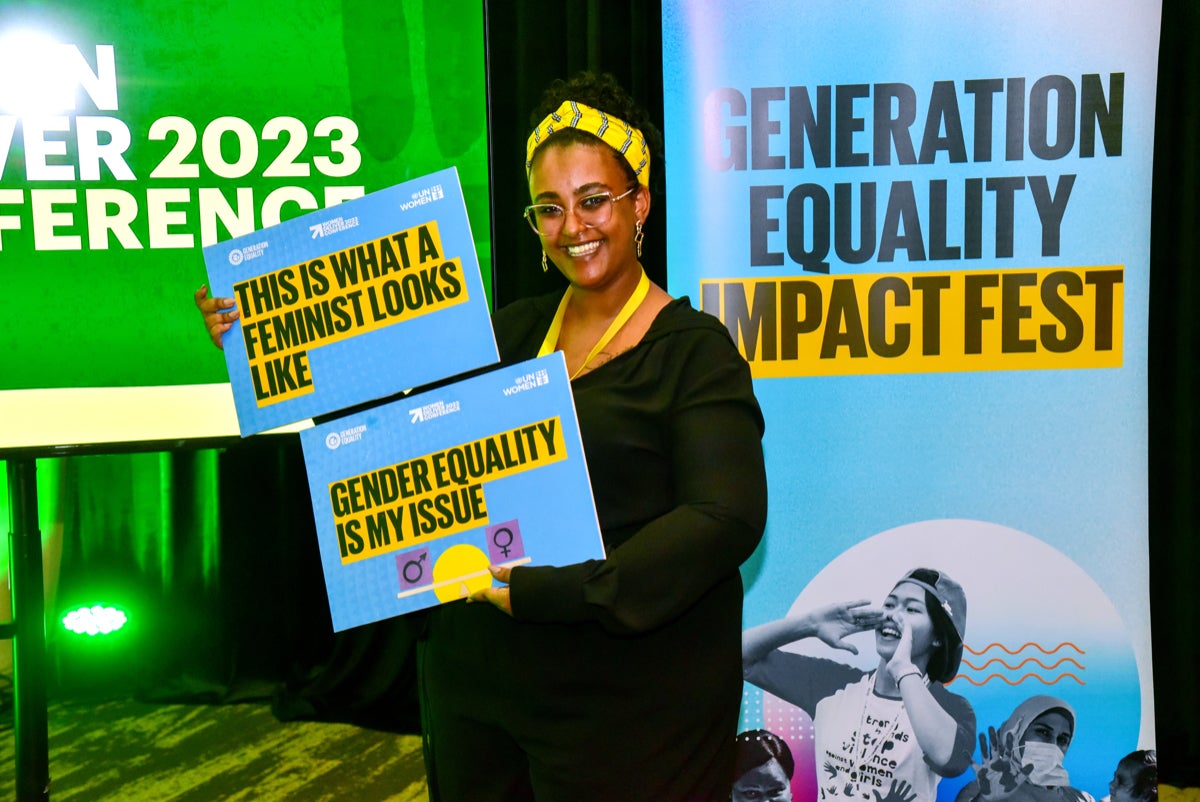
The Generation Equality Forum (GEF) is an international initiative aimed at accelerating progress towards gender equality commitments, originally set during the 1995 Beijing Women’s Conference. Rwanda plays a leading role, especially in the Action Coalition on Technology and Innovation for Gender Equality, leveraging its expertise to reduce gender disparities in STEM (Science, Technology, Engineering, and Mathematics), digital access, and innovation.
Rwanda’s Commitments and Priorities
- Bridging the Gender Gap in Digital Access and Competencies:
Rwanda aims to achieve 100% mobile phone ownership among female-headed households by 2026, up from 54.4%. Efforts include initiatives such as Connect Rwanda 2.0 and fostering internet accessibility. - Feminist Technology and Innovation:
The African Girls Can Code Initiative (AGCCI) and national programs target increasing women’s representation in STEM to 50% at the secondary level. Innovation ecosystems are being strengthened to increase women-led startups and digital financial services for women. - Preventing Technology-Facilitated Gender-Based Violence (GBV):
Rwanda addresses online harassment and discrimination, emphasizing safe spaces for women in the digital economy. - Inclusive Innovation Ecosystems:
Key ministries and partners work to promote gender inclusion in digital and financial sectors. This includes integrating gender-sensitive strategies in innovation policies and fostering private-sector collaboration.
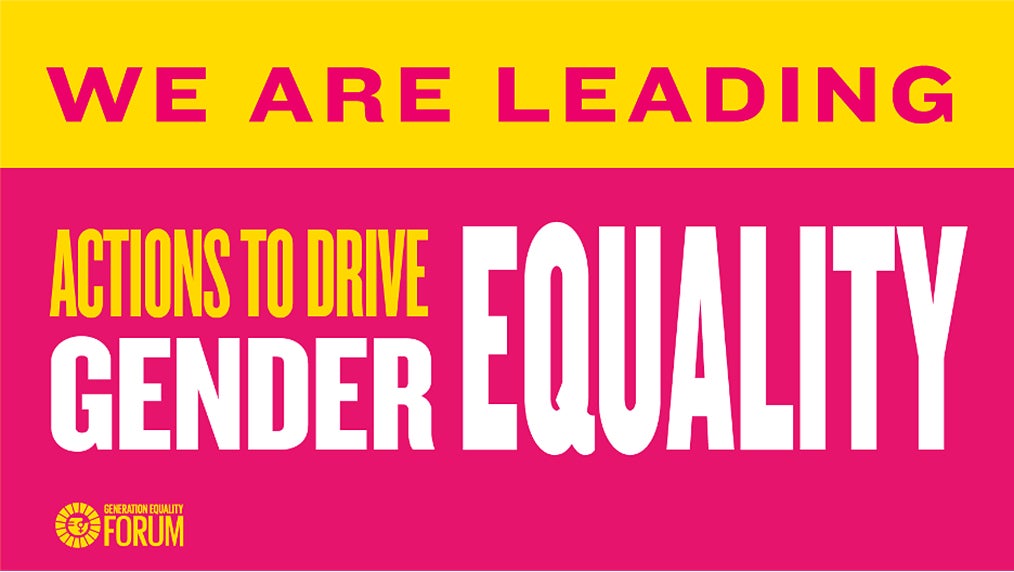
Implementation Strategies
Biannual Reflection Roundtables:
Hosted by the Ministry of Gender and Family Promotion (MIGEPROF) and UN Women, these sessions bring together over 40 stakeholders from government, civil society, and the private sector. These forums evaluate progress, identify gaps, and refine action plans to ensure timely delivery of commitments by 2026.
Partnerships and Regional Collaboration:
Rwanda advocates for regional alignment within the East African Community (EAC) and Smart Africa Alliance, ensuring consistent progress across borders.
Data-Driven Monitoring:
Gender-disaggregated data collection ensures accountability and helps refine policies.
Key Achievements
Digital Inclusion:
Rwanda has expanded broadband access and increased smartphone ownership among women, improving digital literacy and internet use.
STEM Engagement:
The government has actively promoted women’s involvement in STEM through scholarships, awards, and coding initiatives like AGCCI, where over 120 girls have been trained with support from Siemens.
Private Sector Involvement:
Partnerships with organizations such as SheCanCode and participation in events like Hanga Pitchfest enhance visibility and opportunities for women innovators.
Challenges and Insights
Stakeholders identified stereotypes and societal norms as barriers to gender equality in technology. Women innovators, like Peace Iraguha, shared experiences of overcoming biases in male-dominated spaces, highlighting the need for support systems that empower girls and women to thrive authentically in tech.
Moving Forward
Rwanda’s roadmap for GEF includes:
- Enhancing accountability mechanisms through stakeholder coordination.
- Promoting intergenerational dialogue to engage youth and other demographics.
- Strengthening partnerships to ensure sustainable financing and scalability.
These efforts underscore Rwanda’s commitment to a gender-inclusive future, with its progress serving as a model for other nations striving to achieve similar goals by 2026.
Videos
